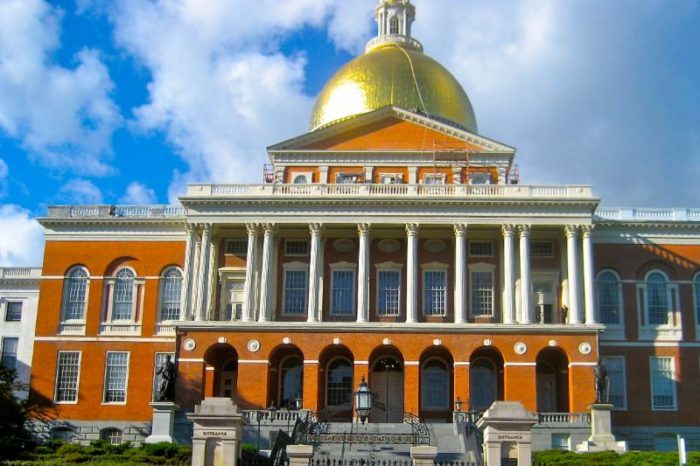Top 10 Government Transparency Resolutions for 2018
We hear the word transparency a lot these days. Whether it’s the public demanding it or public figures claiming to embody it, transparency is rightly viewed as an admirable pursuit. When it comes to government, transparency fosters civic engagement and promotes public trust. Openness in government is the cornerstone of a healthy, vibrant democracy.
In 2016, Beacon Hill took some steps to promote transparency with public records law reform, but fell short of what Pioneer had hoped for. The Commonwealth continues to advance in terms of spending transparency and, as Pioneer reported, Massachusetts municipalities were more transparent than their national peers when it came to disclosing the details of their bids for Amazon’s second headquarters – kudos to them! There was also a sense of optimism when Rebecca Murray was appointed in 2017 as the Supervisor of Public Records. But in other areas, the state showed little improvement.
A lack of transparency goes hand in hand with corruption. In 2017, we learned of the alleged actions of former State Senator Brian Joyce, who was indicted for using his office to improve his own lot rather than that of his constituents.
Historically, Massachusetts has ranked at or near rock bottom nationally in terms of open government. Is it any wonder that scandals continue to plague Beacon Hill? We look forward to reviewing the next rankings from the Center for Public Integrity and the Reporters Committee for the Freedom of the Press to see if the public records reform legislation improved our appalling position relative to the rest of the country in terms of transparency. In any case, there is still much work to be done.
As we do each January, Pioneer shares the resolutions it hopes state leaders will adopt to bring government actions into better focus and invigorate our democracy with heightened public engagement.
|
|
|
|
|
|
|
|
|
|
| To learn more about our online transparency tools, visit:
MBTAAnalysis, MassOpenBooks, MassAnalysis, MassPensions, and MassReportCards. Contact Mary Connaughton, Pioneer’s Director of Government Transparency, with any questions: mary@pioneerinstitute.org. |
| Pioneer Institute is an independent, non-partisan, privately funded research organization that seeks to improve the quality of life in Massachusetts through civic discourse and intellectually rigorous, data-driven public policy solutions based on free market principles, individual liberty and responsibility, and the ideal of effective, limited and accountable government. |



